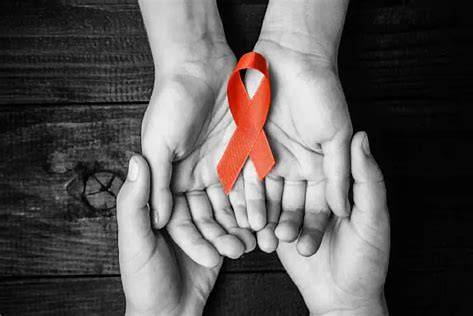HIV treatment
HIV treatment
Antiretroviral drugs (ARVs) are used to treat HIV infection. ARVs do this by blocking the replication of the virus in the human body. They allow people with HIV to live longer, healthier and more productive lives. Also, a person living with HIV, who is on effective therapy, is no longer contagious.
While inside an infected cell in the human body, HIV makes copies of itself, which then infect other, healthy cells. The more cells infected with HIV, the more negative impact the virus has on the immune system. ARVs slow down the replication of the virus and, accordingly, its spread through the body, by disrupting the replication process in various ways.
The HIV virus is constantly mutating and adapting well to the anti-viral therapy. Therefore, one medicine is not sufficient to cope with it. The use of 3–4 drugs at the same time suppresses the replication of the virus present in the body, as well as of its mutated forms that appear in the course of the disease. The drugs in this combination work diversely, are safe and have virtually no side effects. Unfortunately, they cannot completely cure HIV infection.
ARVs should be taken exactly as prescribed by a doctor. The therapy requires strict adherence to the treatment regimen. Do not skip doses, and do not reduce or increase a dose if you miss one.



